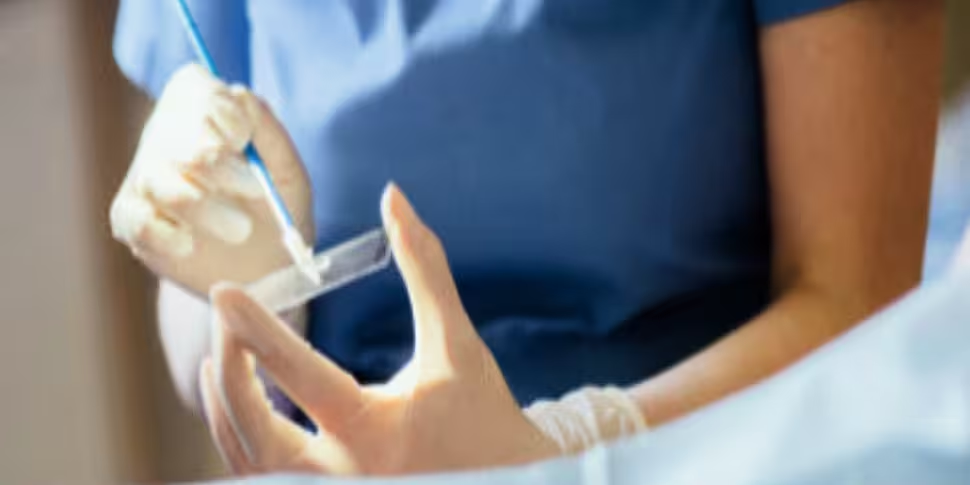The HSE has apologised to around 800 women who never received their results of their CervicalCheck screening after undergoing the test in recent months.
The health service said the results were not sent to women due to an IT issue at a US lab run by Quest Diagnostics.
The tests were largely carried out between October last year and June this year.
They were mainly repeat tests for human papillomavirus (HPV).
Apology
Frances McNamara, the head of the National Screening Service said: “We have identified approximately 800 women who were regrettably not issued with a results letter.”
She said CervicalCheck wrote to the women identified on July 1st and advised them to contact their GP to get their results.
However, it emerged in recent days that a number of GPS have also not received expected result reports.
QuestDiagnostics has said it will manually issue the report to doctors today.
“CervicalCheck sincerely apologises for this delay, which we understand may have caused considerable anxiety for some women,” said Ms McNamara.
IT issue
The lab involved is based in Chantilly and is one of the facilities brought in to increase the capacity of the screening service as it deals with a large backlog of samples.
After it was brought in, the lab needed an IT update to give it capacity to transfer results to the programme’s Cervical Screening Register – and inform women and their doctors that their results are ready.
The HSE said the implementation of the upgrade at the lab was “slower than expected” and as result around 800 results were not posted.
The issue was only uncovered after contacted the Department of Health to warn that she had not received her results.
CervicalCheck
“We sincerely apologise again for this IT issue and the confusion it has likely caused to individuals concerned,” said the HSE.
It said it was confident the lab is now capable of generating the electronic results for women and their doctors.
Quest Diagnostics has pledge to ensure that all necessary IT updates and testing will be finalised in the next two weeks.
The HSE said it is closely monitoring and engaging with the lab to ensure this is done.









